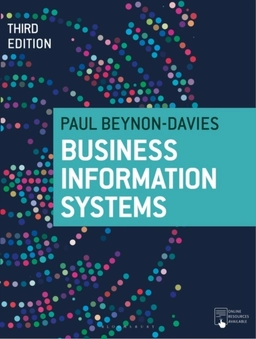The Oxford Handbook of Banking, Second Edition provides an overview and analysis of developments and research in banking written by leading researchers in the field. This handbook will appeal to graduate students of economics, banking and finance, academics, practitioners, regulators, and policy makers. Consequently, the book strikes a balance between abstract theory, empirical analysis, and practitioner, and policy-related material. The Handbook is split into five parts. Part I, The Theory of Banking, examines the role of banks in the wider financial system, why banks exist, how they function, and their corporate governance and risk management practices. Part II deals with Bank Operations and Performance. A range of issues are covered including bank performance, financial innovation, and technological change. Aspects relating to small business, consumer, and mortgage lending are analysed together with securitization, shadow banking, and payment systems. Part III entitled Regulatory and Policy Perspectives discusses central banking, monetary policy transmission, market discipline, and prudential regulation and supervision.Part IV of the book covers various Macroeconomic Perspectives in Banking. This part includes a discussion of systemic risk and banking and sovereign crises, the role of the state in finance and development as well as how banks influence real economic activity. The final Part V examines International Differences in Banking Structures and Environments. This part of the Handbook examines banking systems in the United States, European Union, Japan, Africa, Transition countries, and the developing nations of Asia and Latin America.
Åtkomstkoder och digitalt tilläggsmaterial garanteras inte med begagnade böcker





















